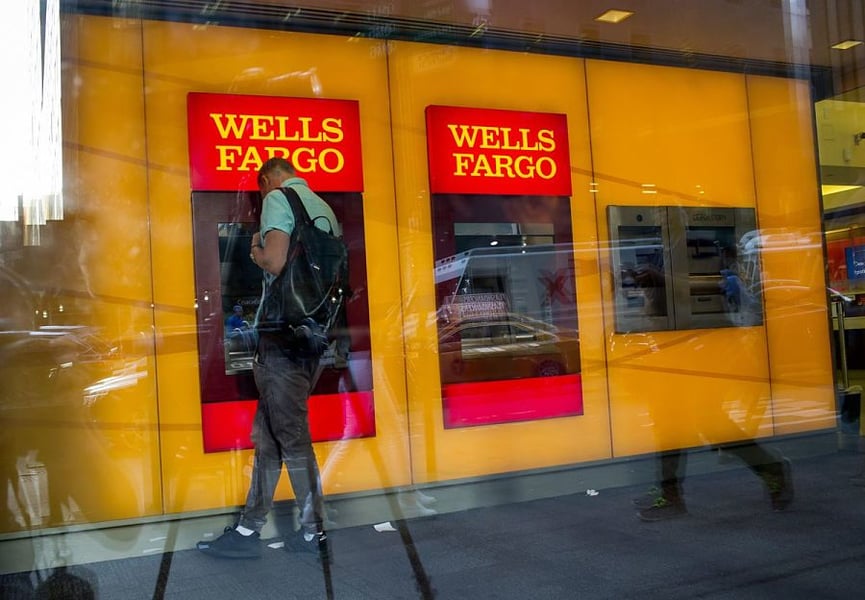

Wells Fargo Investment Institute has become the latest financial services giant to transfer the operation of its high-end alternative investing platform to iCapital Network’s automated system.
According to the Thursday morning announcement, iCapital, which currently services more than $51 billion in client assets across more than 100,000 underlying accounts, is acquiring the feeder fund platform from Wells Fargo’s Global Alternative Investments division.
Details of the stock and equity transaction were not disclosed.
Based on recent acquisition announcements from iCapital, however, it appears that the Wells Fargo platform is managing about $3 billion worth of alternative products for mostly high-net-worth investors.
Darrell Cronk, president of Wells Fargo Investment Institute, said the technology-savvy back office platform provided by iCapital will give investors a “more seamless client experience.”
“This is an ongoing partnership because alternative investing is becoming a bigger piece of our business, not a lesser piece,” he added.
The sale is expected to be completed during the second half of this year and continues an iCapital pattern of becoming the turn-to outsource platform for the biggest players in the industry.
In addition to the pending acquisition of the $4 billion Artivest platform and operations, which was announced last month, iCapital acquired similar platform businesses from Morgan Stanley and Merrill Lynch last year.
In 2017, iCapital acquired the Deutsche Bank private equity platform, and in 2016 it acquired Credit Suisse’s hedge fund platform.
“They’re selling the platforms to us to improve them,” said Lawrence Calcano, iCapital’s chairman and chief executive.
“They’re not getting out of the business, they’re creating scale,” he added.
In the case of Wells Fargo, which currently has 70 legacy products on the platform, the process has been largely manual and labor intensive.
Wells Fargo began moving any new investment products onto an iCapital platform last fall, but now the entire platform offering various types of private investments will be white labeled through iCapital to look and feel like a Wells Fargo platform.
“The theme is taking this incredibly manual process and automating it,” said Calcano, who compared the iCapital platform to the way the New York Stock Exchange enables a platform for trading stocks.
“The reason they’re doing this is they want to scale the business,” he added. “Wells Fargo has a pretty much fully manual environment, which makes scaling hard. Banks have technology budgets, but they haven’t built this out, and building technology is something that never ends.”

A new proposal could end the ban on promoting client reviews in states like California and Connecticut, giving state-registered advisors a level playing field with their SEC-registered peers.

Morningstar research data show improved retirement trajectories for self-directors and allocators placed in managed accounts.

Some in the industry say that more UBS financial advisors this year will be heading for the exits.

The Wall Street giant has blasted data middlemen as digital freeloaders, but tech firms and consumer advocates are pushing back.

Research reveals a 4% year-on-year increase in expenses that one in five Americans, including one-quarter of Gen Xers, say they have not planned for.
Orion's Tom Wilson on delivering coordinated, high-touch service in a world where returns alone no longer set you apart.
Barely a decade old, registered index-linked annuities have quickly surged in popularity, thanks to their unique blend of protection and growth potential—an appealing option for investors looking to chart a steadier course through today's choppy market waters, says Myles Lambert, Brighthouse Financial.
